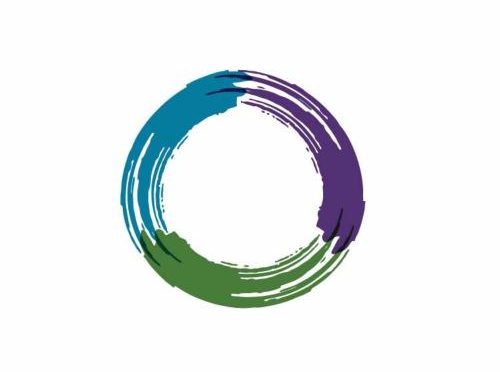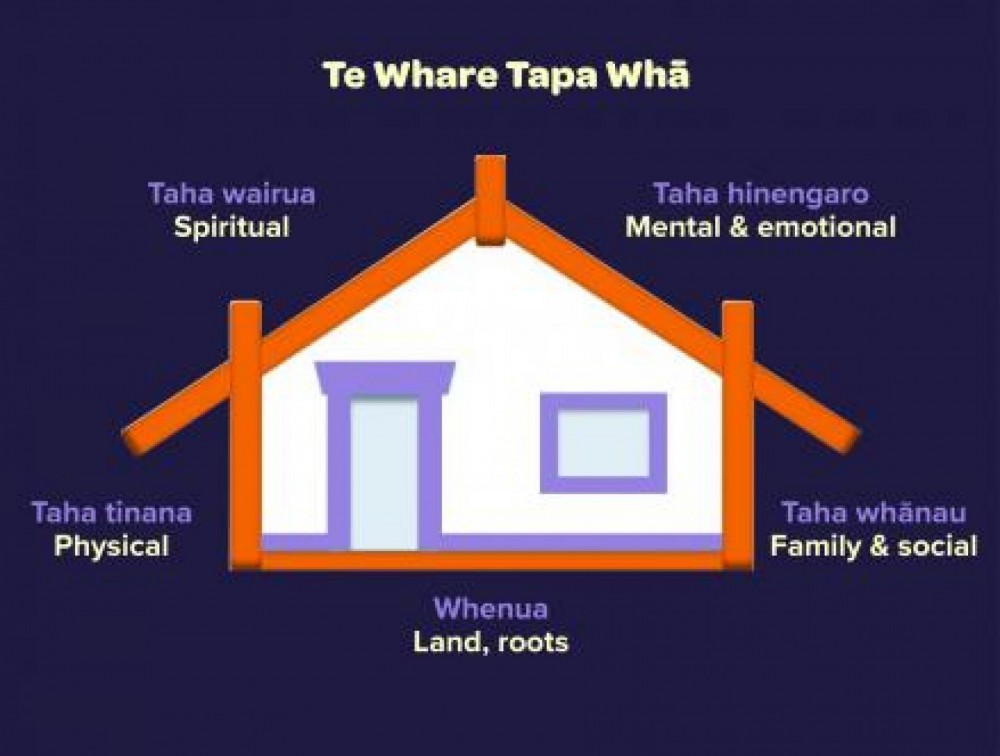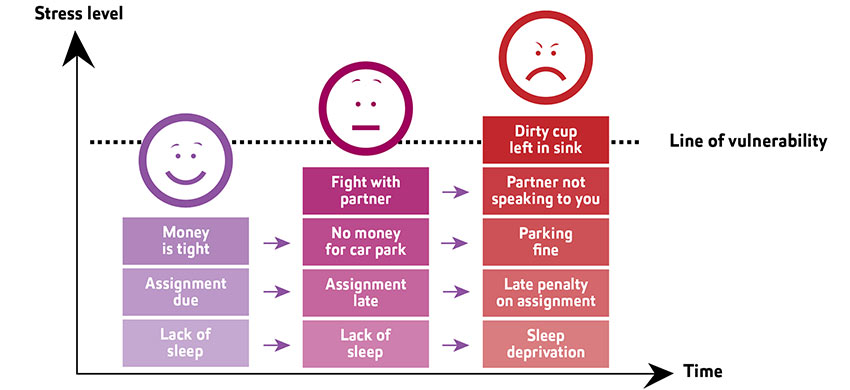Family and Whānau Wellbeing: Managing Stress
Caring for a loved one can be deeply rewarding and incredibly demanding. Stress is a natural part of the journey, but it doesn’t have to overwhelm us. This resource is here to help you recognise stress, understand its impact, and explore practical ways to manage it.
Recognising Your Stress Indicators
Stress shows up differently for everyone. You might notice:
- Feeling overwhelmed or anxious
- Difficulty sleeping
- Irritability or mood changes
- Physical symptoms like headaches or fatigue
Take a moment to reflect: What are your personal signs of stress?

Understanding the Line of Vulnerability
Stress levels fluctuate over time. Here’s a snapshot of how everyday events can shift your stress:
Low Stress
- Respite booked
- Drs appointment next month
- Cooking dinner
- Getting kids off to school
- Pick up medication
Medium Stress
- Respite carer unwell
- Needs rescheduling
- Need to order repeats
- Upcoming IEP
- School holidays next week
High Stress
- Respite carer quits
- Moved to next month
- School requests more support
- Annual funding review
- Ran out of milk
Tip: Mapping your stressors can help you anticipate and prepare for challenging times.

Tips & Tricks for Managing Stress
Explore these free, evidence-based tools:
Sharing What Works
Every whānau is different. What helps you cope?
- Talking with friends or support groups
- Taking short breaks
- Journaling or creative outlets
- Concern for siblings and partners, supporting the whole whānau matters
Whāia te mātauranga hei oranga mō koutou - Seek after wisdom for the sake of your wellbeing

Enabling Good Lives (EGL) Principles
The EGL Principles can reduce stress by promoting:
- Self-determination – having control over your life
- Beginning early – planning ahead
- Person-centred – tailored support
- Ordinary life outcomes – living a typical life
- Mainstream first – using everyday services
- Mana enhancing – building dignity
- Easy to use – simple systems
- Relationship building – strong connections
Activity: Choose two principles and reflect on how they could support your wellbeing.
Te Whare Tapa Whā
This Māori wellbeing model reminds us that health is holistic:
- Taha tinana (physical health)
- Taha wairua (spiritual health)
- Taha whānau (family health)
- Taha hinengaro (mental health)
Activity: Which wall of your whare feels strongest? Which needs support? What’s one thing you could do to strengthen it?


What’s in Your Community?
Explore local services, groups, and networks. Ask:
- Who is around me?
- What support is available?
- Where can I go for help?
- Why is this important for my whānau?
Growing Your Circle
You’re not alone. Connect with others:
- Support Groups – find one near you here
- 1737 – Free Counselling
- Telehealth Services
- Lifeline

